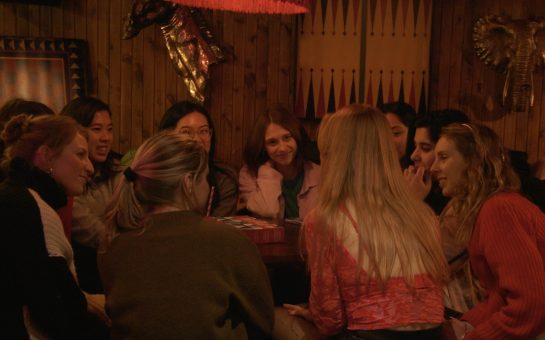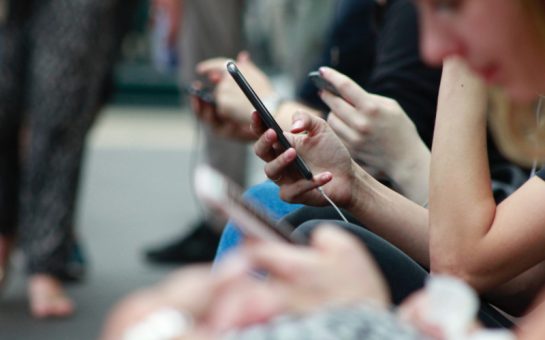SW Londoner takes a look at how ‘trolling’ is affecting everyday life.

Social networking undeniably plays a massive part in our lives from checking status updates on Facebook over breakfast to tweeting on the bus to work.
Who can say that they do not use one of the many of social networking sites daily? They allow us to share photos, videos, opinions and keep us in touch with friends, and family. They benefit the way we can communicate globally and provide us with a way to gain seemingly unlimited information.
Though, like any new development, people have found ways to abuse it.
The latest in a string of negative press for social networking, after its role in the London riots, we have ‘trolling’.
‘Trolling’ is provoking anger and emotive responses through leaving antagonising messages, images or videos. These can range from the annoying to the disgusting.
In the past week Sean Duffy, 25, has been sentenced to 18 weeks imprisonment for sending a communication of an indecent or offensive nature. The sick comments are too repugnant repeat.
Is this a harsh enough punishment for such a deliberately malicious act?
With social networking we open our lives to the public. We allow people access to personal information that is being abused.
What can the hosts of these sites do to protect us? We should not have to see such comments on our personal pages.
Facebook are constantly trying to improve their privacy settings but they could do more. If you have the technology to create such sites you must make ongoing changes to ensure that the users can feel protected.
There must be a way to stop complete strangers from commenting or posting on your page that is more sophisticated than simply making a page either open to the public or to just your friends.
Comedian Dom Joly, who challenged ‘trolls’ over Twitter yesterday, reported atrocious comments about his children on the social networking site.
Twitter is a completely different beast to Facebook where celebrity and ordinary folk mingle over the web and communicate via 140 character messages. No doubt it will be making changes that will protect its users in light of this, as well as the Duncan Bannatyne case (in which his daughter was threatened with kidnap unless the Dragons’ Den star paid a ransom).
Twitter are faced with a dilemma. It has thrived on open access and people voicing opinions, but now must make certain that it can protect its users from abuse. How will it do this effectively without ruining Twitter’s unique networking method?
Social networking is an integral part of our lives, and we would lose so much without it. However, we must be wary of the ways in which it can be abused and try to halt this ‘trolling’ craze and any other such bullying with befitting punishments.




